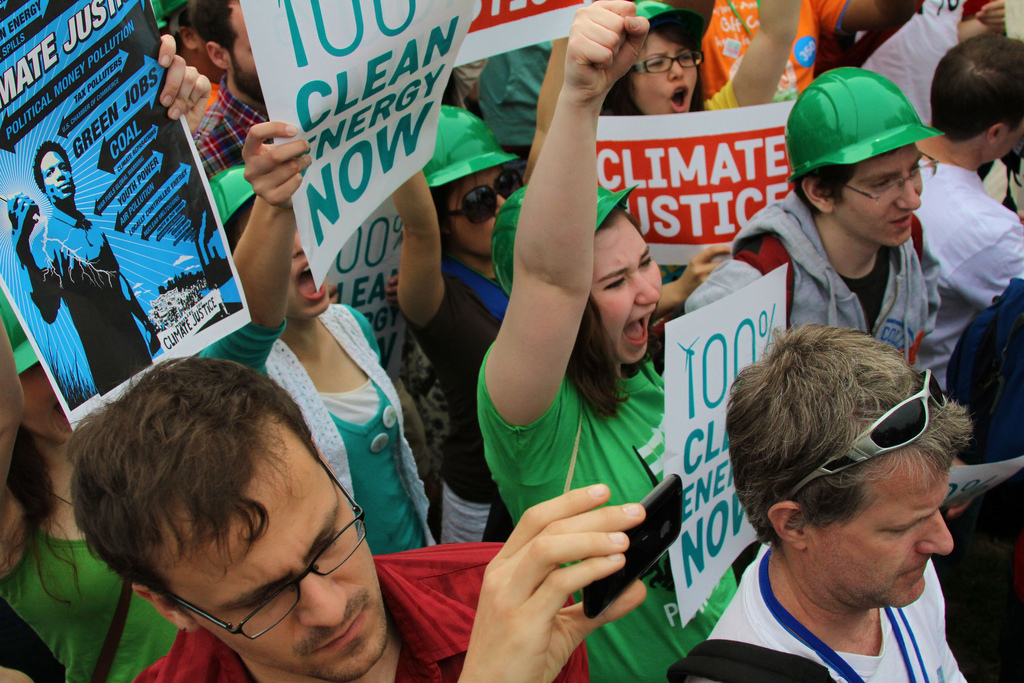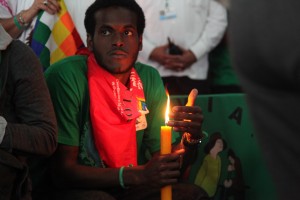DEAR GEN WHY:
“I know of no other advice than this: Go within and scale the depths of your being from which your very life springs forth.” – Rainer Maria Rilke, February 1903, Paris
This quote reminded me of our generation back in 2011—young and on the edge of a new world. I smile when I look back at us, vibrating with excitement, trying to shape the society that was emerging. Those days were precious. Hard. The best times of life.

